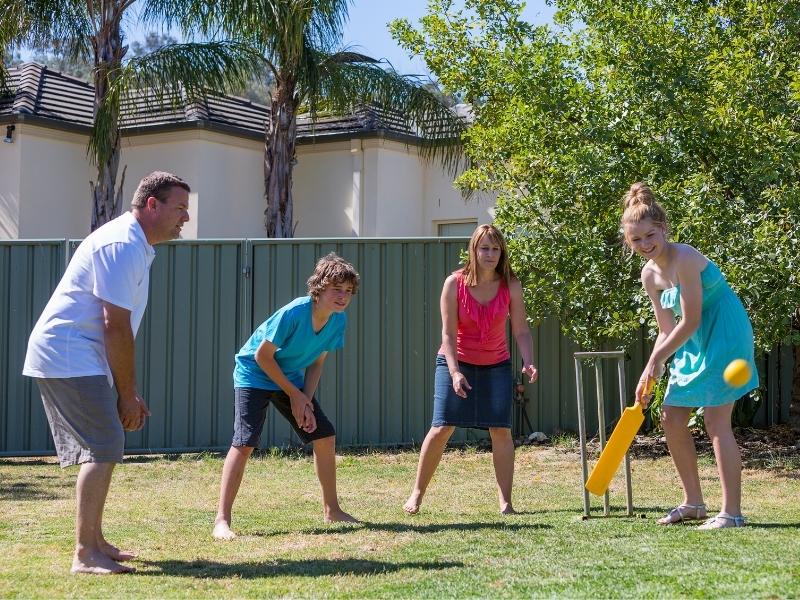If you have signed up to become a homestay host, one of your goals is to help international students learn about the local culture. In New Zealand, there are plenty of ways for you to introduce your guests to the Kiwi way of life and become immersed in our culture.
Here are five activities New Zealand Homestay hosts can do with students to kickstart their study journey.
1) Eat!
Food is like a language of its own and New Zealand has some unique eats that people from other countries love to try. During their time with your family you could take your homestay students out for fish and chips, pick up some tasty pies, or treat them to a slice of pavlova. Asking them to help cook up a barbecue or encouraging them to try fresh feijoas and Kiwi sweets can help them get a real taste of Aotearoa. Speaking of – venturing out for a hāngī is a winning way to make an international student’s belly sing.
Taking students on a grocery shop is an excellent way for them to become familiar with the supermarket and you can learn what they love (and don’t love) to eat. If you’re happy for them to cook in your kitchen, it’s also an opportunity for them to pick up some ingredients to create a signature dish from their home country.

2) Get into sports
Whether it’s rugby, cricket, netball or soccer – playing and watching sports is an interactive way for international students to experience the Kiwi lifestyle.
Organising a game of backyard cricket and kicking around the footy at the park are simple and fun ways to kick things off. Getting involved as a spectator also gives students the chance to take in the atmosphere and witness supporters barracking for their teams. Catch a few matches on the tele, head to a local comp, or buy tickets to see the pros in action (Super Rugby, maybe?).

3) Visit landmarks and attractions – or just head outdoors

New Zealand is known for its breathtaking natural wonders. Exploring our amazing landmarks and wildlife enables students to experience the beauty of New Zealand, and to learn about the country’s history and culture. Visiting historical sites, museums and popular local cafes/restaurants are other things to do away from the home.
Taking your guests out for walks or bike rides around the neighbourhood provides a good orientation of where you live. Hit the local parks and beaches too. NZH Placement Coordinator, Marien, enjoys going to Shakespear Regional Park to forage for cockle shells for dinner.
4) Attend local festivals and events

Many towns host cultural festivals and events throughout the year. These events are a great opportunity for your student to get amongst the community and interact with locals. Check out the Tourism New Zealand website at newzealand.com or Eventfinda NZ to see what’s happening near you.
Being such a multicultural nation, it’s important international students understand New Zealand’s Māori heritage and how it shapes our country. They might have the opportunity to take a course in Māori culture or learn about it through their school or university, but if you can provide them with info about Māori language and customs, visit a marae, or take part in some Matariki celebrations it will go a long way in helping them develop meaningful connections with our land and our people.
5) Watch TV and movies

Sitting on the couch and watching movies or TV shows together might sound basic or lazy, but it can actually help international students improve their English (TIP – switch subtitles on).
Settle in for some iconic Kiwi TV like Shortland Street, Country Calendar or MasterChef New Zealand. As for movies, we think Hunt for the Wilderpeople should be number one on the list. If your guest hasn’t seen The Hobbit or The Lord of the Rings trilogies, it could be worth the watch so you can point out all the filming locations across NZ.
Ask international students for recommendations from their home country, too. You might be able to stream or watch online.


No Comments